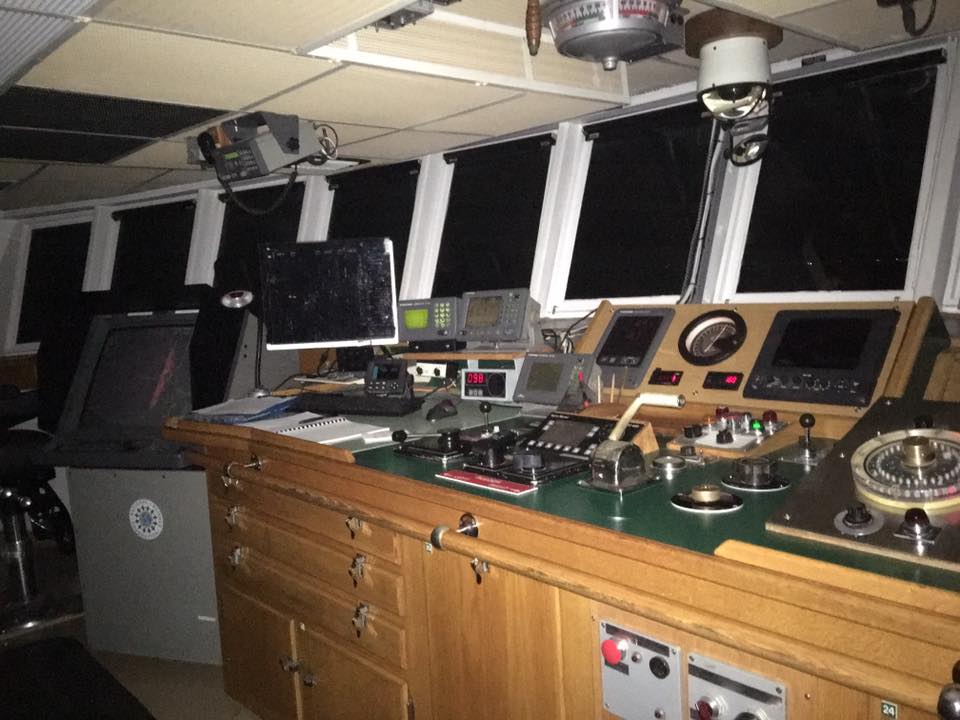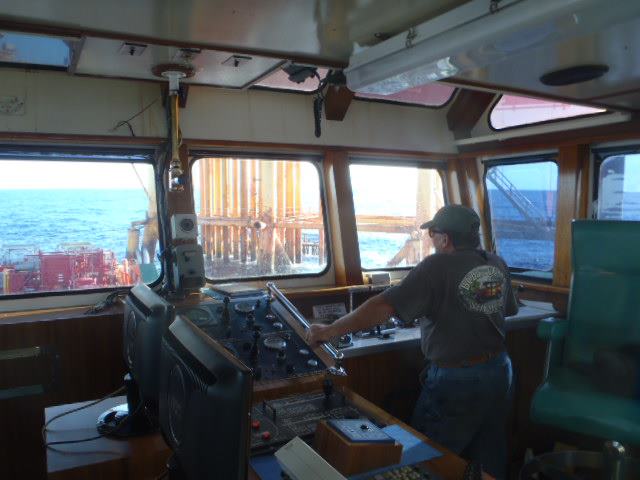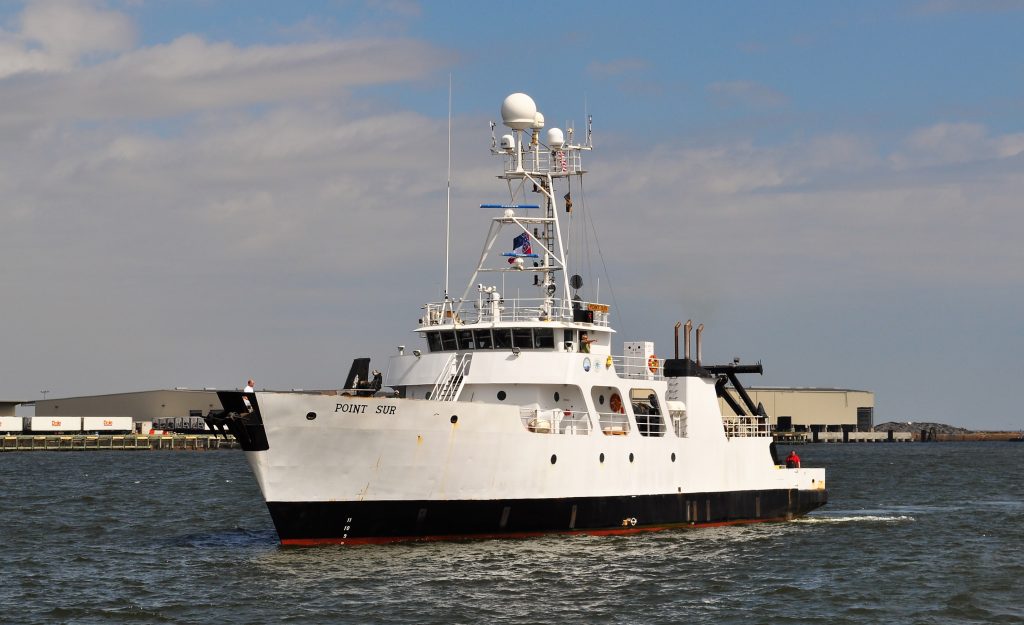In the maritime industry, most legal disasters are signed into existence.
Before a ship even leaves port, a poorly written clause, missed warranty, or unchecked counterparty can lead to millions in losses. That’s why pre-contract risk assessments are now standard practice for responsible shipowners, charterers, and maritime legal teams.
They don’t just check paperwork — they shield entire operations from unexpected risks, financial exposure, and future litigation.
What Exactly Is a Pre-Contract Risk Assessment Maritime Is?
A pre-contract risk assessment is a full-scale review of all operational, legal, and compliance risks before any maritime agreement is signed.
It’s carried out by experts who analyze:
- Vessel documentation and ownership records
- Insurance and indemnity clauses
- SOLAS, MARPOL, and ISM compliance
- Contractual liability distribution
- Financial and reputational background of the counterparty
Why These Assessments Matter More Than Ever
Modern shipping contracts are complex — involving multiple parties, jurisdictions, and environmental standards. Even one missed detail can trigger serious financial consequences.
According to Allianz Global Corporate & Specialty’s Maritime Risk Report (2024):
- 75% of maritime claims stem from human or procedural oversight.
- 1 in 5 vessel detentions is linked to documentation or compliance failures.
- Over $1.5 billion in losses annually are traced to contractual disputes.
That’s where pre-contract risk assessment maritime reviews make all the difference. They catch potential problems before they turn into claims.
Quick Facts: Common Maritime Contract Risks and How Assessments Prevent Them
Risk Type
| Potential Loss
| How Assessment Prevents It
|
Unclear liability clauses
| Legal disputes, millions in claims
| Defines party responsibility clearly
|
Non-compliance with SOLAS/MARPOL
| Vessel detention or fines
| Ensures compliance before voyage
|
Counterparty financial instability
| Unpaid dues, charter defaults
| Conducts due diligence on partner
|
Missing insurance coverage
| No recovery after accident
| Verifies active and valid policies
|
Technical misrepresentation
| Voyage delays or safety issues
| Reviews vessel condition certificates
|
How the Process Works — From Review to Protection
1. Contract Collection: Gather charter agreements, technical reports, and certificates.
2. Legal Analysis: Review all terms for fairness, liability, and jurisdiction.
3. Risk Evaluation: Identify compliance, financial, and operational vulnerabilities.
4. Recommendations: Suggest amendments or add protective clauses.
5. Final Approval: Produce a written risk report before contract execution.
Each step strengthens the legal and operational foundation of your maritime deal.
The Bottom Line
In maritime law, protection starts before signatures. A thorough pre-contract risk assessment reduces liability, prevents disputes, and builds stronger business relationships.
Because in shipping — prevention isn’t a delay. It’s the difference between smooth sailing and costly litigation.





